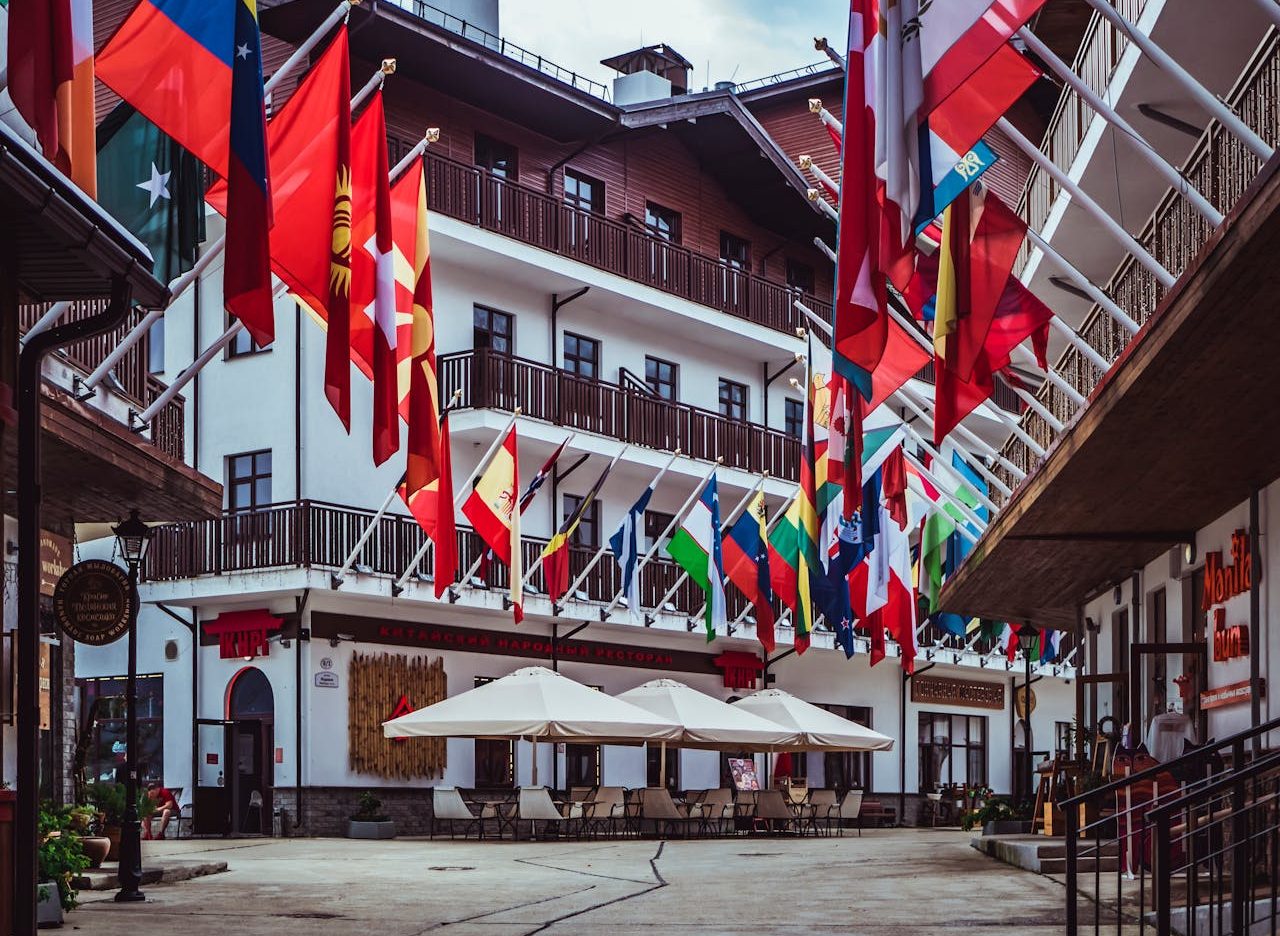
Cultural diversity is an engine of innovation and creativity.
Cultural intelligence is a person's ability to adapt, communicate and work effectively in diverse cultural contexts. It involves understanding and respecting cultural differences, as well as developing cognitive, emotional and behavioral skills to interact successfully in multicultural environments.
Fundamental concepts
Cultural intelligence is based on a series of key competencies that enable people to navigate multicultural environments successfully.
Intercultural competence
It is the ability to interact effectively with individuals from different cultures, adapting to their values and behaviors.
Intercultural communication
Effective communication between cultures requires overcoming linguistic and contextual barriers, managing to transmit messages clearly.
Empathy and cultural sensitivity
Developing cultural empathy means putting yourself in someone else's shoes, understanding their cultural perspective, while intercultural sensitivity involves recognizing and respecting cultural differences without prejudice.
Cultural adaptability and intercultural etiquette
The ability to adapt to different cultural norms and labels is essential in a globalized world. Respecting cultural protocol demonstrates commitment and professionalism in any interaction.
Cultural awareness and identity
Recognizing the influence of culture on our beliefs and values forms the basis of cultural identity and helps us build global awareness in our relationships.
Skills and tools for intercultural interaction
- Languages and dialects : Linguistic diversity facilitates cultural connection. Learning a local language or dialect shows effort and respect.
- Traditions and customs : understanding rituals and practices unique to each culture improves coexistence.
- World religions : religion influences cultural values and behaviors.
- Cultural history – Understanding historical background provides deeper context to current interactions.
- Linguistic competence and non-verbal communication : words are not the only form of communication; Gestures and expressions vary widely between cultures.

Cultural diplomacy is a bridge between nations that unites them through dialogue.
Management and leadership in multicultural environments
In a globalized world, leading multicultural teams requires specific skills that go beyond conventional leadership.
Diversity management
Cultural diversity in a team brings creativity and innovation, but also challenges that must be managed inclusively.
Intercultural negotiation
Each culture approaches negotiation differently. For example, some value speed in decision-making, while others prioritize establishing prior relationships.
Intercultural leadership
An intercultural leader must be an effective mediator, capable of building bridges between different forms of work and communication.
Conflict resolution
Conflicts in multicultural environments require sensitive approaches that consider the cultural perspectives of all parties involved.
Education and cultural learning
Education plays a crucial role in promoting cultural intelligence, providing tools for a deeper understanding of global diversity.
- Intercultural education : encourages mutual understanding between cultures through specific educational programs.
- International educational exchange : students from different cultures share knowledge and experiences.
- Cultural Simulation and Serious Games : Innovative methods for learning about other cultures through virtual immersion.
- Peace education : an educational approach that seeks to resolve cultural tensions through dialogue and understanding.
Art, culture and international heritage
Art and cultural heritage are powerful vehicles for intercultural connection and understanding.
World music and literature
Artistic expressions, such as music and literature, tell stories that reflect the values of each society. World music, for example, connects us with universal emotions through unique melodies.
International cinema and gastronomy
International cinema offers windows into different realities, while gastronomy allows you to experience flavors that tell stories of cultural heritage and geography.
cultural heritage of humanity
Monuments, festivals and local traditions remind us of the importance of preserving cultural diversity as a legacy for future generations.
Globalization, economy and cultural sustainability
Globalization has transformed the way cultures interact, influencing each other and facing shared challenges.
- Multiculturalism – A multicultural society values and celebrates cultural differences, fostering social cohesion.
- International trade and global business ethics – Business practices must balance economic benefit with respect for local cultures.
- Corporate Social Responsibility – Businesses play a critical role in promoting cultural sustainability through responsible initiatives.
- Sustainability and culture : It is essential to integrate sustainability into cultural practices to preserve resources and traditions.
Innovation and technology for cultural diversity
Technology has become a powerful tool to promote cultural intelligence, breaking down physical and social barriers.
ICT and cultural diversity
Information and communication technologies (ICT) allow an instant connection between people from distant cultures, facilitating the exchange of knowledge.
Internet and globalization
The Internet has created a space where cultures meet, transforming the way people learn from each other.
Artificial intelligence and cultural ethics
The use of AI must be designed considering ethical principles to avoid biases that perpetuate cultural inequalities.
Big data and cultural trends
Global data analysis offers insights into emerging cultural patterns, helping to plan more effective cross-cultural initiatives.
Intercultural relations and global collaboration
Global collaboration depends on the ability to build strong relationships between people and organizations from different cultures, facing challenges with creativity and empathy.
Intercultural teamwork
In multicultural teams, diversity of perspectives enriches decision-making, but requires clear communication and strategies to address cultural misunderstandings. Creating an inclusive and respectful environment is key to team success.
cultural diplomacy
Cultural diplomacy is based on the exchange of ideas, values and traditions between countries to foster mutual understanding. Through initiatives such as international festivals, art exhibitions and exchange programs, governments and organizations build cultural bridges.
International professional networks
Global networking is essential in an interconnected world. Digital platforms and international events allow professionals to exchange ideas, collaborate on projects and expand their horizons.
Multicultural organizations
Multicultural companies and NGOs face the challenge of integrating diverse cultures into their organizational structures, ensuring that cultural values are reflected in their policies and practices.

Intercultural education is key to global understanding, as it breaks down linguistic barriers.
Politics, law and international cooperation
Global interaction is also marked by the need to create legal frameworks and policies that foster respect for diversity and justice in a multicultural context.
- International Law : defines rules that regulate relations between countries, from human rights to trade and the environment, promoting equality between nations.
- Foreign policy and international cooperation : Effective foreign policies seek to build alliances based on mutual respect and shared interest in sustainable development.
- Humanitarian Aid and International Development – Global efforts to address humanitarian crises require deep cultural understanding to provide effective and respectful support.
- Corporate social responsibility – Many multinational companies integrate global ethics into their operations, respecting local cultures while working in international markets.
- International human resources management : adapting labor management strategies to diverse cultural contexts ensures employee well-being and increases productivity.
